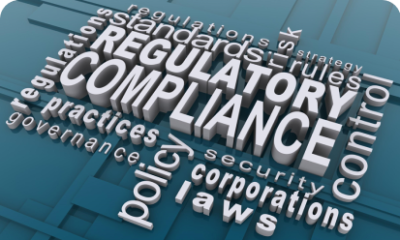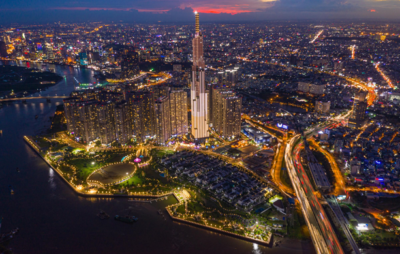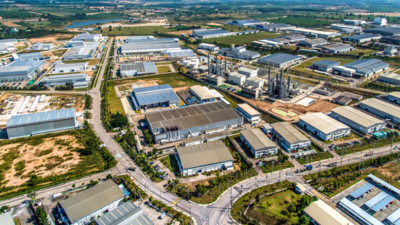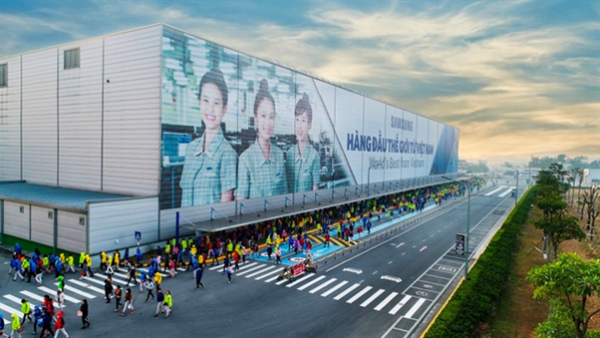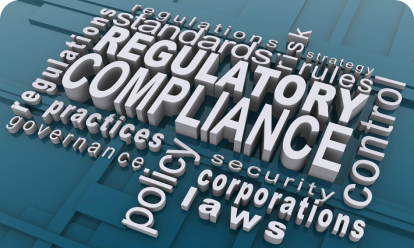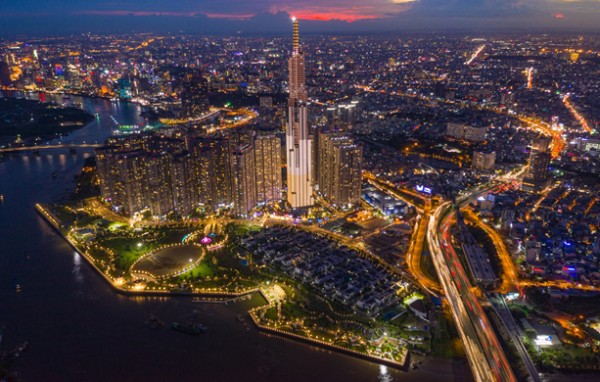TACHAN
- 8 August, 2023
- by Admin
The Outlook for FDI Growth in Vietnam Construction Sector in the Post-pandemic era
The COVID-19 pandemic has had a significant impact on global economies, including the construction sector. However, as countries move towards recovery and the world adapts to the new normal, Vietnam’s construction industry is poised for a resurgence. This article explores the outlook for foreign direct investment (FDI) growth in Vietnam’s construction sector in the post-pandemic era, highlighting the key factors that make it an attractive destination for international investors.
Infrastructure Development and Urbanization
Vietnam has recognized the crucial role of infrastructure development in driving economic growth and attracting FDI. The government has launched ambitious plans to develop transport networks, energy facilities, industrial parks, and urban areas. These initiatives present vast opportunities for foreign investors to contribute to the development of Vietnam’s infrastructure, especially in the areas of transportation, renewable energy, and smart cities.
Housing and Real Estate Demand
Traditionally, Vietnam has been known for attracting FDI primarily in labor-intensive sectors such as textiles, garments, and footwear. However, there has been a noticeable shift towards higher value-added industries in recent years. Sectors such as electronics, manufacturing, renewable energy, and technology have gained traction, reflecting Vietnam’s aspirations for advanced industrialization and sustainable development.
Manufacturing and Industrial Development
Vietnam has positioned itself as a manufacturing hub in Southeast Asia, attracting multinational companies looking to diversify their production bases. The manufacturing sector’s growth creates a demand for industrial parks, factories, warehouses, and logistics facilities. FDI inflows into the construction sector are expected to increase as foreign companies seek to establish or expand their manufacturing operations in Vietnam.

Government Support and Incentives
The Vietnamese government recognizes the importance of FDI in the construction sector and has implemented policies and incentives to attract foreign investors. These include tax incentives, streamlined administrative procedures, and special economic zones dedicated to industrial and infrastructure development. The government’s commitment to creating a favorable business environment encourages foreign investors to participate in Vietnam’s construction projects.
Sustainable Development Initiatives
Sustainable development has gained prominence globally, and Vietnam is no exception. The government has been actively promoting green building practices, renewable energy projects, and eco-friendly urban planning. Foreign investors with expertise in sustainable construction technologies and practices have a unique opportunity to contribute to Vietnam’s sustainable development goals.

Despite the challenges posed by the pandemic, Vietnam’s construction sector is well-positioned for FDI growth in the post-pandemic era. The country’s focus on infrastructure development, housing demand, manufacturing expansion, government support, and sustainable development initiatives creates a conducive environment for foreign investors. As the world transitions towards recovery, Vietnam’s construction sector presents significant opportunities for international investors seeking long-term growth and partnerships in one of Southeast Asia’s most promising markets.
- Tags:
Related news



